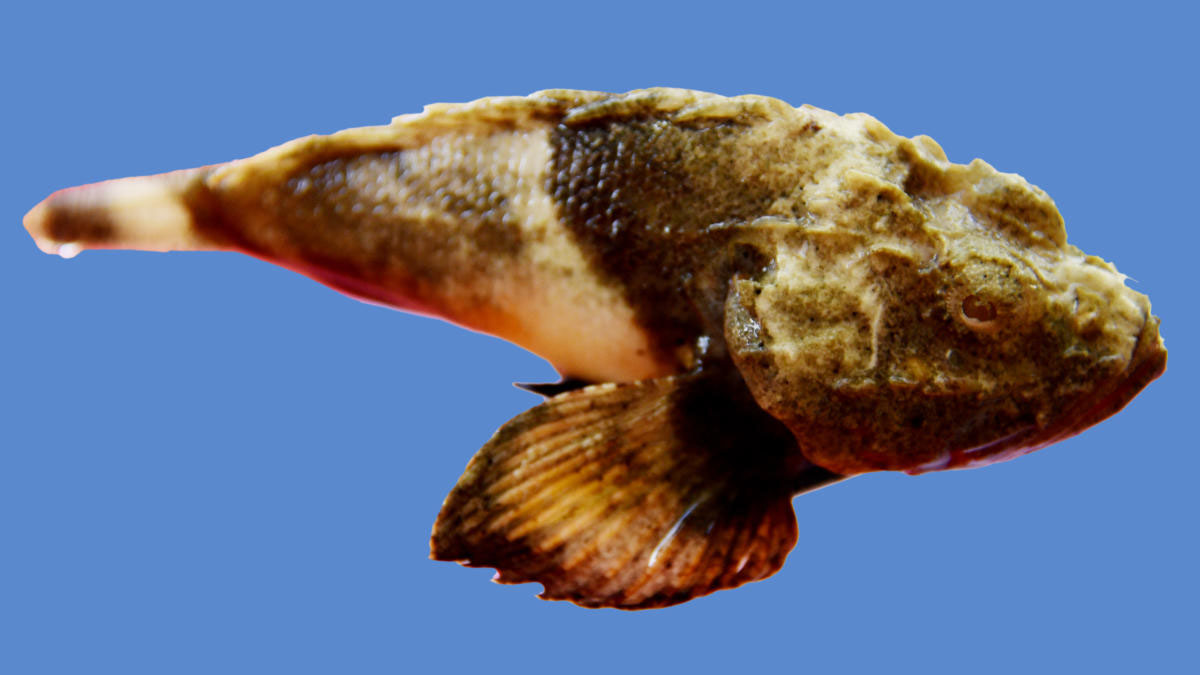
For the first time ever, the Central Marine Fisheries Research Institute (CMFRI) scientists have discovered a rare species of Scorpionfish in Indian waters.
This new species of the Scorpionfish can change its colour and it also carries stinging venomous spines.
The scientists at the Kochi-based CMFRI revealed that they first spotted fish along the Sethukarai coast in the Gulf of Mannar.
This species of Scorpionfish was spotted during an underwater exploration, the scientists said, adding, "It was camouflaged in seagrass meadows."
ALSO READ | Bats Bring Good Luck To This Odisha Village
"This band-tail Scorpionfish can change its colour. It can easily blend with its surroundings," the scientists added.
"Its ability to blend with the surroundings help it to protect itself from predators or while it is hunting food," the scientists further said.
Reporting about the discovery, Hindustan Times wrote, "The fish is called Scorpionfish because its spines contain neurotoxic venom."
The venom gets injected immediately when the spines pierce an individual and the piercing can cause extreme pain, the scientists said.
Dr R Dr R Jeyabaskaran, a senior scientist who led the exploration, further said that if one consumes the fish then it can turn out to be fatal.
Dr Jeyabaskaran further informed that the species was first sighted as a coral skeleton and at the first glance the scientists thought it to be fossilised coral skeleton covered with bivalve shells.
"The fish changed colour as we disturbed it," Dr Jeyabaskaran added.
"It's skin colour changed from white to mottled black within four seconds," he further said.
The fish flashed the pectoral fins and the inner side of these fins came in full view when it was caught by using a zip-lock polyethene bag.
This species of Scorpionfish is a nocturnal feeder and waits for its prey to come closer by lying motionless at the bottom of the sea.
"It has the power to attack and suck its prey with lightning speed," reported Hindustan Times.
The fish has an extremely powerful sensory system and it can detect respiratory ventilation flows produced by crabs at a distance of 10 cm in the dark environment.
"Unlike other fishes, band-tail scorpionfish uses its lateral sensory system instead of eyes to hunt its prey," further reported Hindustan Times.
The Story Mug, a Guwahati-based blogzine, believes in telling stories that matter.